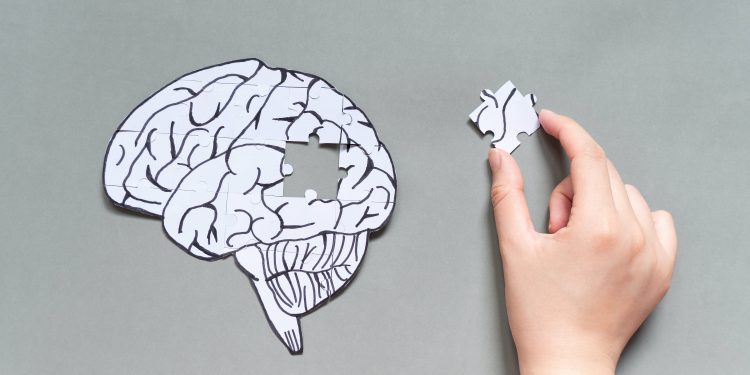By Jonathan Chung, DC
When we think about disorders of the vestibular system we are usually concerned with inner-ear disorders leading to problems with vertigo or imbalance. While the vestibular system is a critical part of our sense of balance, there is a deeper and more fundamental purpose for these tiny little organs in our inner ear. A major purpose of the vestibular system is to help our body know where we are in space.
In a way, the vestibular system acts as a part of the GPS navigation system for your brain. As we move about our world, your vestibular system tells you where you are and which way you are going, while your eyes confirm your movement with different landmarks. We often take this sense for granted because it’s not something we have to think about.
But what happens when our vestibular system breaks? When asked, many patients with a persistent vestibular disorder will often say they feel like they can’t think clearly, or that their minds often feel lost in space. This ultimately leads to feelings of anxiousness, which worsens our ability to think straight. This sense of knowing where we are in space is really important for driving higher levels of cognition. In order for people to think about things on a higher level, the brain has to know that the body is safe, and knowing where we are in space is a part of being safe.
So what does this have to do with memory? Scientists have known for decades that injuring the vestibular system in rats leads to poor performance in mazes. What they also noticed is that injuring the vestibular system also disrupts the ability of rats to remember the placement of food and treats, as well as navigating to their own laboratory homes. Not only is the vestibular system important for real-time spatial awareness, but it also compromises spatial memory.
What about humans?
Humans have more developed brains than rats, and we have the ability to use higher level cognitive functions and other senses to help navigate space. This ensures that a vestibular injury isn’t immediately catastrophic for us if we lose the function of both inner-ear systems. Someone with a double vestibular injury will be very off balance, but their ability to think and retain memories remains mostly intact.
However, there are known associations between vestibular loss and future risk of dementia. Patients with vestibular nerve injury have been shown to have a higher risk of Alzheimer’s disease. There’s even some debate as to whether the form of Alzheimer’s where patients will wander and get lost may be unique to patients with prolonged vestibular dysfunction. In a way, it’s not so different from the rats that lost their spatial memory, but the process took much longer.
While we don’t know the full reasons why this occurs, we believe that it happens because the vestibular nerves from the inner ear have rich connections to an area of the brain called the hippocampus. The hippocampus is a critical part of the brain, responsible for forming new memories, and it is also an area that is heavily implicated in Alzheimer’s and other forms of dementia. Specific neurons in the hippocampus are activated by the vestibular system that helps with spatial intelligence and spatial memory. When we lose this fundamental sense of balance in space, then we also lose stimulation to the are of the brain that tells us where we are, or where we have been.
Brain Injury and The Vestibular System
So what does this mean for the patient with traumatic brain injury? We know that a large portion of patients suffering a concussion will have vestibular symptoms, and some may even have a vestibular injury. We also know that vestibular rehabilitation appears to make a big difference in outcomes for patients with post-concussion symptoms.
In the short-term, we know that having a balance or vestibular disorder is likely to interfere with cognition. In the long-term, we don’t have good answers yet, but it seems reasonable that the vestibular problems after a concussion can worsen problems with cognition and memory.
More studies need to be done, but improving vestibular function in our clinic as part of a multimodal rehabilitation program appears to improve aspects of spatial processing and cognition. This effect can be magnified when aspects of vestibular rehabilitation are combined with cognitive-type exercises.
It’s difficult to say if it will help improve memory, but I know for sure that if your brain can’t process information accurately because of a persistent vestibular symptom, it has no chance of being able to store it and retrieve it when it’s time to put the memory system into use.
Jonathan Chung, DC is the founder and upper cervical chiropractor at Keystone Chiropractic and Neuroplasticity in Wellington, Florida. Learn more about their cervical vestibular rehabilitation program at www.chiropractickeystone.com.











